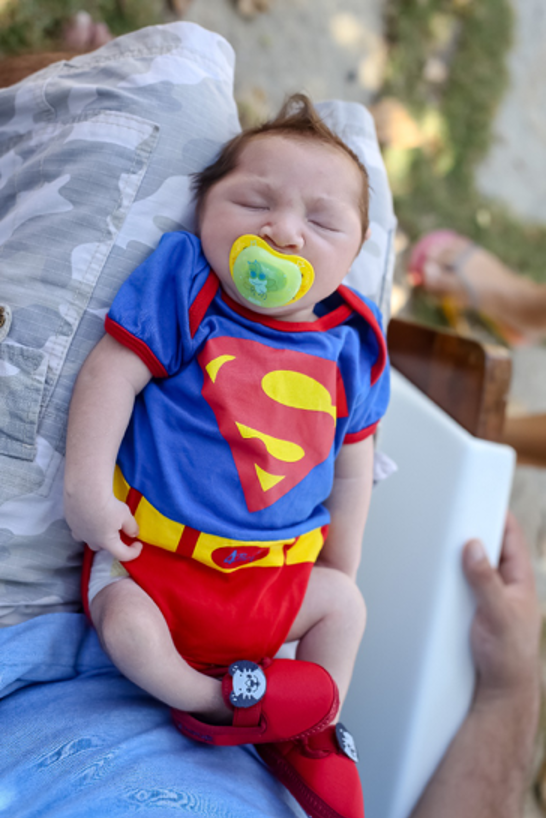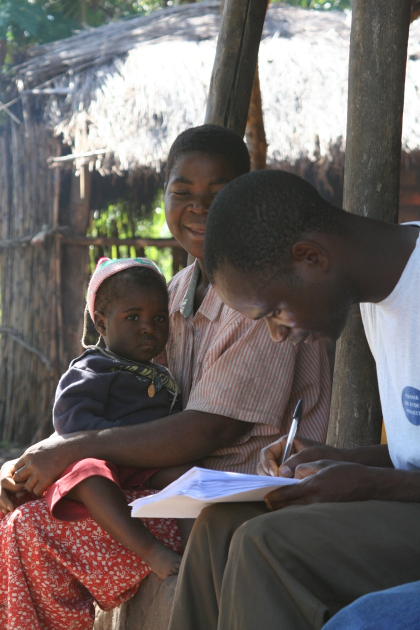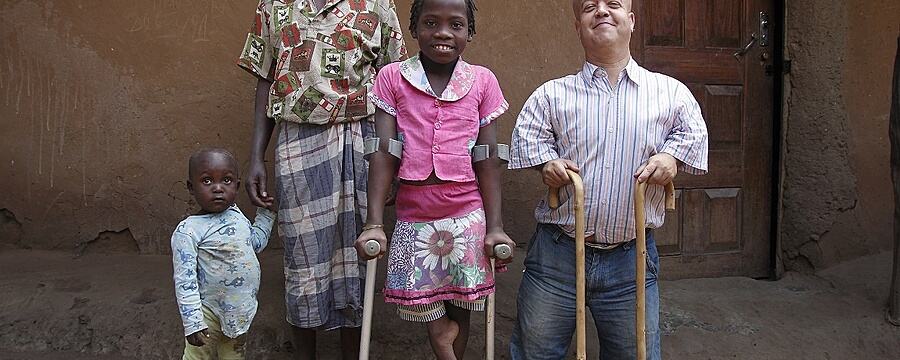Partnership Between Local and International Researchers
Establishing the relationship between international researchers, mostly from high income countries, and local researchers, often from low income settings, needs to be handled sensitively, and recognising each teams’ skills and strengths. Often, in the past, international researchers have led on the design of the study, and have controlled the funding. Local researchers then collected the data, which was analysed and published predominantly by the international researcher. This set-up meant that the local researchers may not have had the opportunity to contribute their knowledge and expertise in the design, had less control of funds, and received lower recognition in publications. Worse still, in some settings there were no local collaborators at all, but high-income researchers imposed their studies on low income settings.
There is now a push to “decolonising global health” so that the local researchers are given power and respect. Ideally, local researchers should lead on the research from the outset. Indeed, a first question should be whether the international researchers are needed at all, and if so, what contributions they need to make. These issues of partnership between international and local researchers will be considered using the example of a study conducted in Brazil.
In 2015, the Zika epidemic hit Brazil and resulted in the birth of thousands of children with severe disabilities. A lot of research started at this time. Most of it was focussed on developing a vaccine, working out the epidemiology and aetiology of Zika or developing treatments. There was a lack of focus on the needs and experiences of families with an affected child, and this meant that it was difficult to develop appropriate services and supports for them. A group of us therefore decided to undertake a study to explore the impacts for families of having a child affected by “Congenital Zika Syndrome”, for which we received funding from Wellcome and DFID.

Baby with Zika in a superman outfit. Copyright: Mila Mendonça
Two teams of researchers were involved. The first were research teams from universities in two cities in Brazil: Rio de Janeiro and Recife. The second were a group from the London School of Hygiene & Tropical Medicine in the UK, including Professor Hannah Kuper.
In Brazil, there is a well-established and high-quality research environment, with many excellent researchers and universities. The Brazilian research teams in this project had a wide range of expertise (including epidemiology, qualitative research and economics), knew the local language and culture, and had access to families of children affected by Zika. At the same time, we believed that it was still important for UK researchers to become involved in the “Zika impact project” for a number of reasons:
- First, the UK researchers had easier access to grant funding. Of course, grant funders should adjust their approach to give funding directly to local researchers, but at the moment it is often still often easier for international researchers to secure grants.
- Second, many of the Brazilian researchers were over-stretched because of the epidemic and had limited capacity to lead new research. The UK researchers were therefore able to offer support and take pressure off the local researchers.
- Third, in this study, the UK researchers brought specific skills to the team (e.g. knowledge about disability). They also had more experience in writing publications in English for an international audience, which helped with disseminating findings.
It was still important to work hard to ensure that the relationship between the international and local researchers was equitable and just, even though we both realised that we brought unique strengths to the study. And so, we put a number of mechanisms in place to help us work together. An important first step is that we shared the grant funding equally between the three partners (UK, Rio de Janeiro and Recife) and made sure that we each could control our own budget. We had clear discussion about roles and responsibilities early on, and then again during the course of the research. Another important point is that we made a publication plan so that all researchers knew that they would be the primary author on one paper for publication. We also met face-to-face as an entire group three times during the two year project, and arranged regular group Skype calls to stay in touch and overcome issues.
The high calibre of research expertise that there is in Brazil may not always be widely available in other LMICs. As a consequence, it means that in some settings the local researchers may need more support or capacity building to be meaningful partners across all stages of the research. This could involve training or mentorship by the international researchers, particularly in data analysis and write-up, and keeping communication channels open and clear. It is important to make these efforts, so that the relationship is respectful and just. Furthermore, input from the local researchers will ensure that the right kinds of questions are asked, in the appropriate ways, and that the data are interpreted correctly.
In global disability research there is an added impetus to meaningfully include researchers with disabilities among local researchers, and international researchers. Unfortunately, the pool of available researchers with disabilities may be lacking in some settings. In this case, the international researchers should help to build the capacity to fill this gap. For instance, training workshops can be offered to DPOs or other groups to encourage participation in research. Ideally, disabled people will be trained through Master’s and PhD schemes so that they can contribute to, and eventually lead, research. As an example of this type of collaboration a UK researcher teamed up with the Federation of Disability Organisation in Malawi (FEDOMA) and the Sue Ryder Foundation in 2008 to carry out an action research project focused on documenting the challenges and discrimination faced by people living with Epilepsy in accessing treatment and other allied services (Amos & Wapling, 2011). The research team included 70 local researchers all of whom had experience of living with epilepsy but had no prior experience with conducting research.

Household survey in Machinga District. Copyright: Lorraine Wapling 2010
The research design, a population-based survey employed both quantitative and exploratory qualitative methods for data collection. Since this was an action research process the volunteer researchers were all involved in designing the questions which set the themes for the research and their feedback during the fieldwork phase was critical. Their experiences helped to shape the eventual focus of the report so that all the issues raised by the research reflected their priorities and issues.
Whilst the report highlighted some very significant gaps in national and local healthcare provision alongside high levels of discrimination, and low levels of treatment seeking behaviour, it was the effects of research process itself that helped change attitudes. Including people with epilepsy in the design, collection and collation of data linked to living with the condition had a significant impact on raising awareness and reducing stigma. It contributed to a dramatic increase in treatment seeking behaviour within the research study sites and provided a good model for how excluded and vulnerable groups can become agents for positive change.
There are enormous gaps in evidence from LMICs about disability, and so more research is needed so that we can plan and advocate for services. International researchers may be needed to conduct this research, but they must be mindful to respect and support local researchers. Ideally, we share the goal, that global research should be conducted by local researchers, including those with disabilities.
Discussion
- Have you had any experiences working with in partnerships between international and local researchers? What worked well? What did not work well?
- Do you have experience working with people with different impairments? Can you reflect on what some of the barriers might be when engaging people with disabilities in the research process? Think also what this might mean in the context of LMIC researchers.
Share this
Global Disability: Research and Evidence


Reach your personal and professional goals
Unlock access to hundreds of expert online courses and degrees from top universities and educators to gain accredited qualifications and professional CV-building certificates.
Join over 18 million learners to launch, switch or build upon your career, all at your own pace, across a wide range of topic areas.
Register to receive updates
-
Create an account to receive our newsletter, course recommendations and promotions.
Register for free







